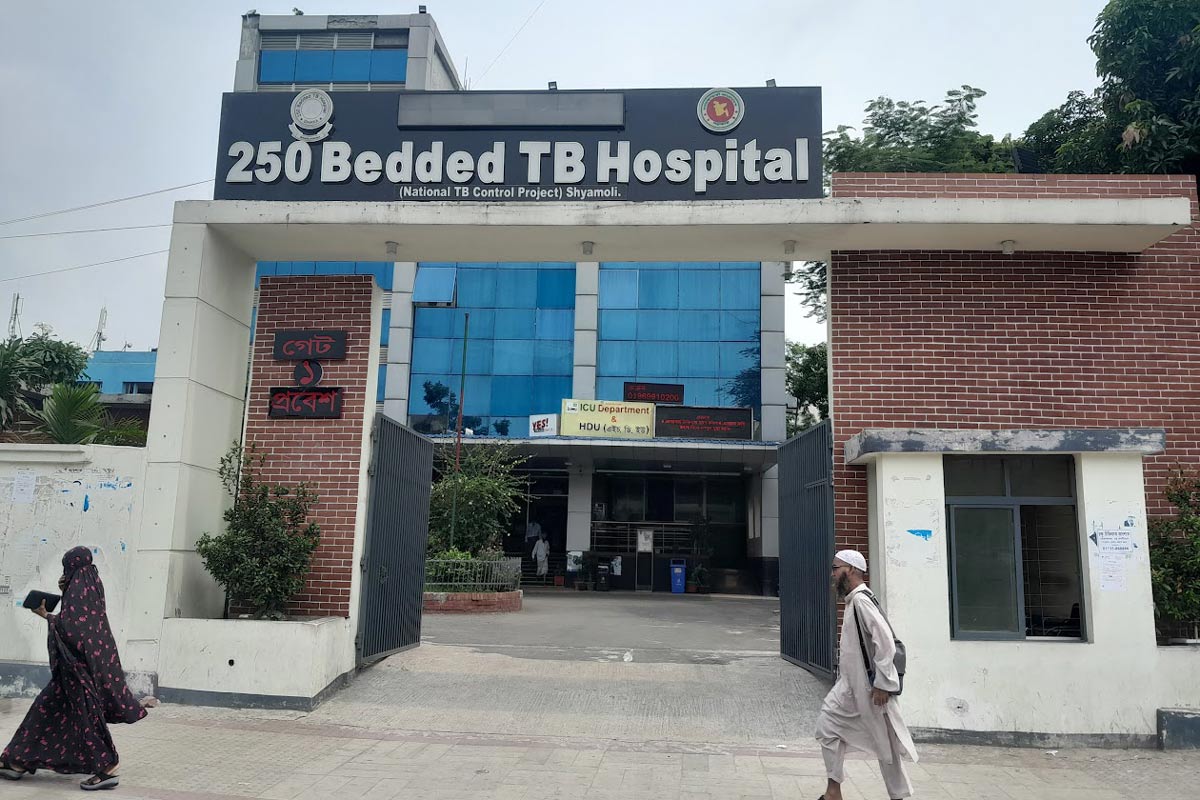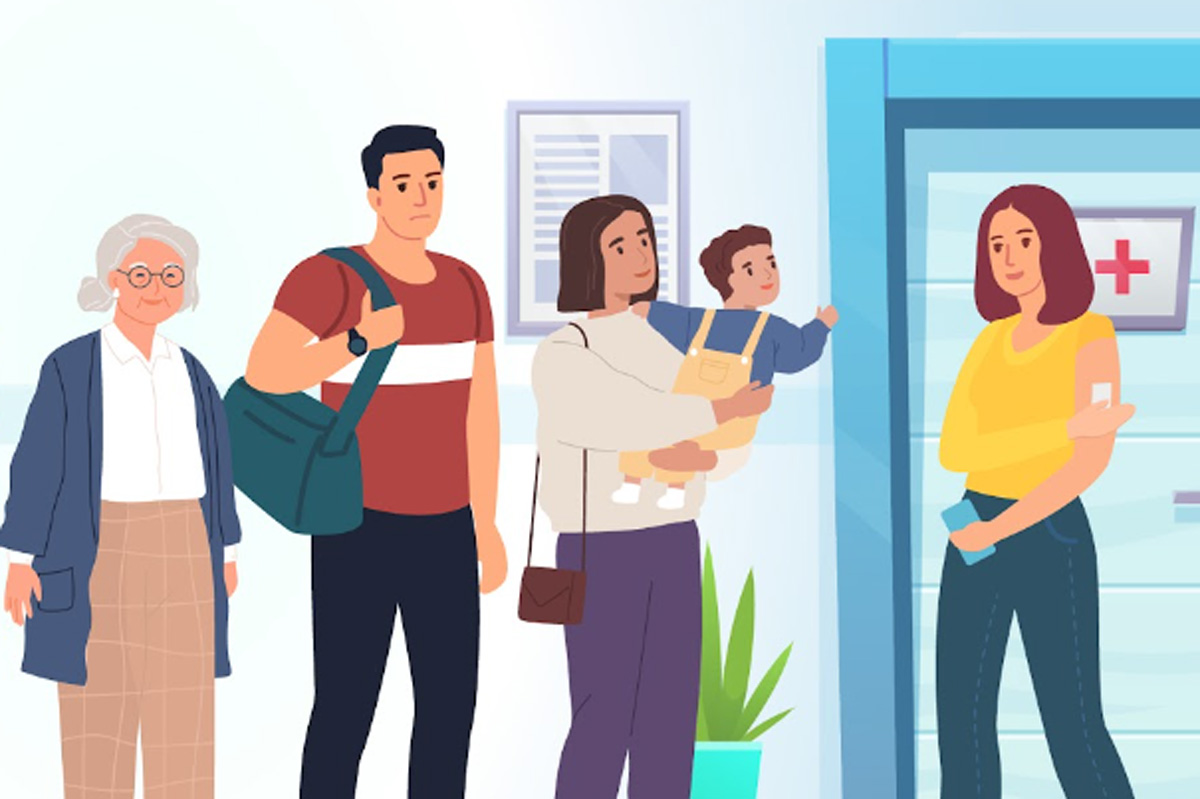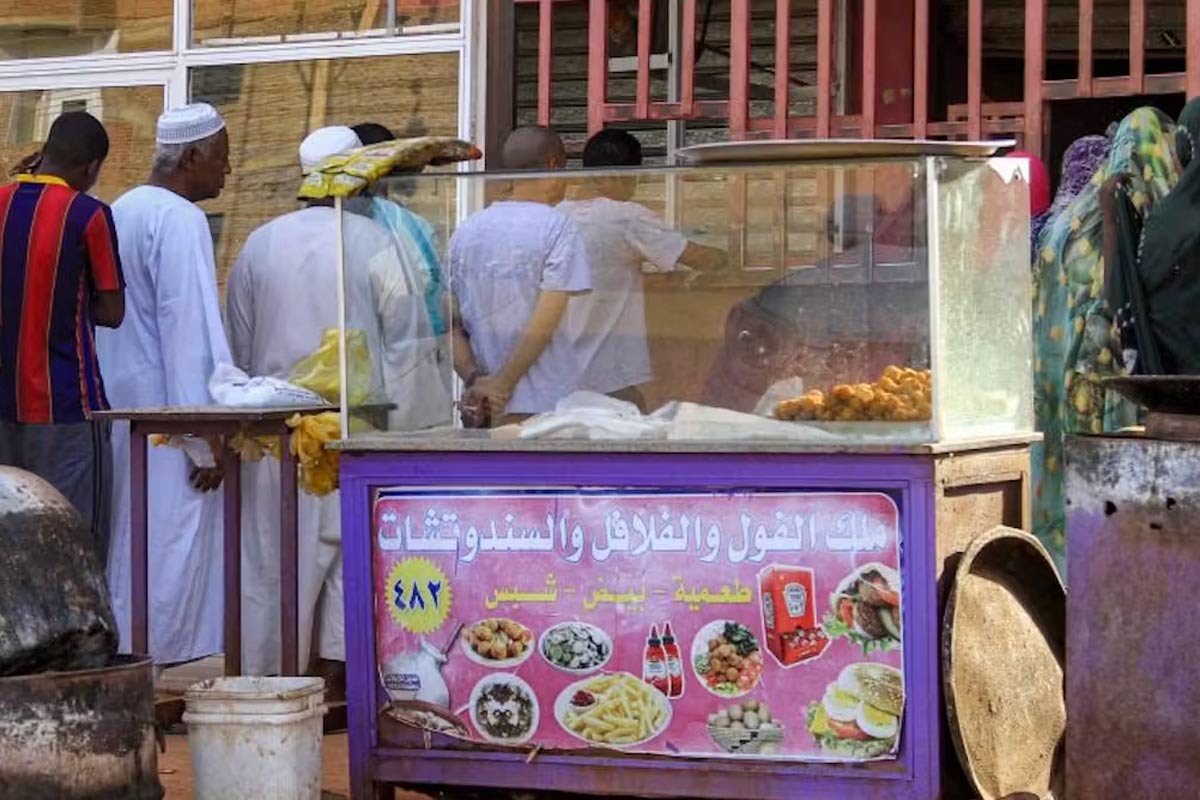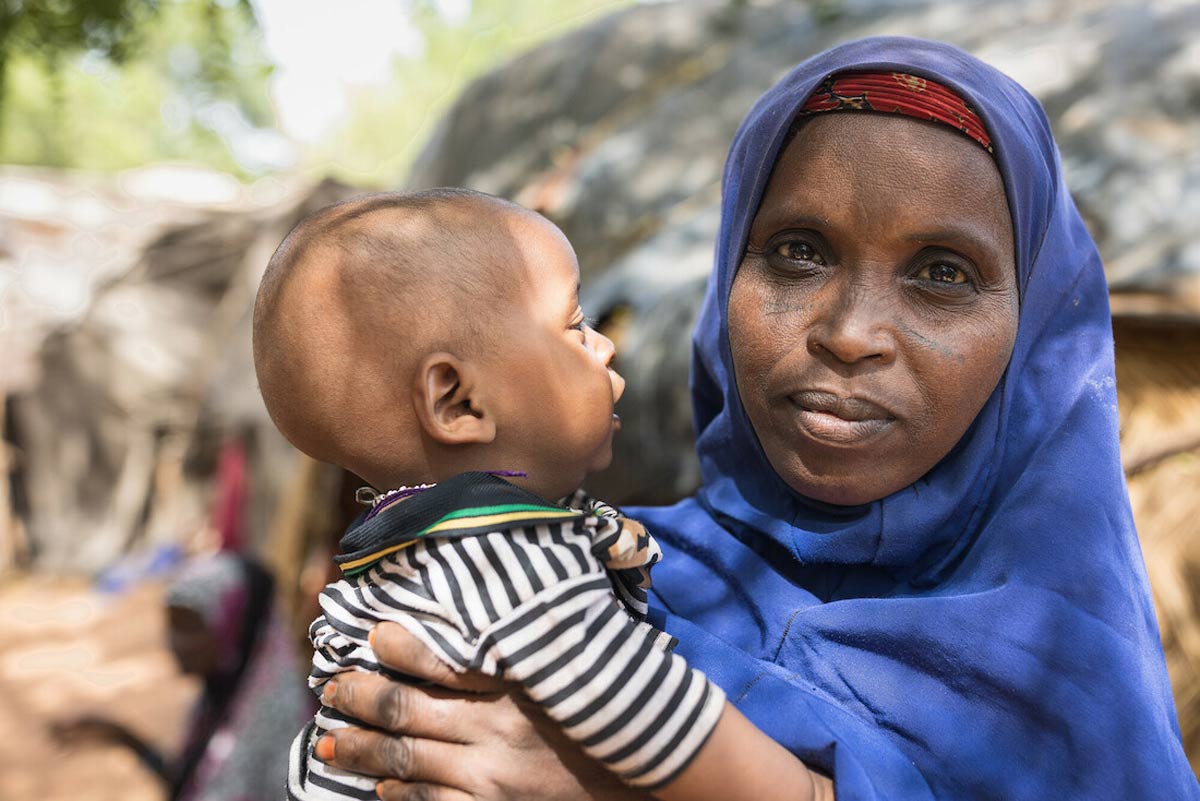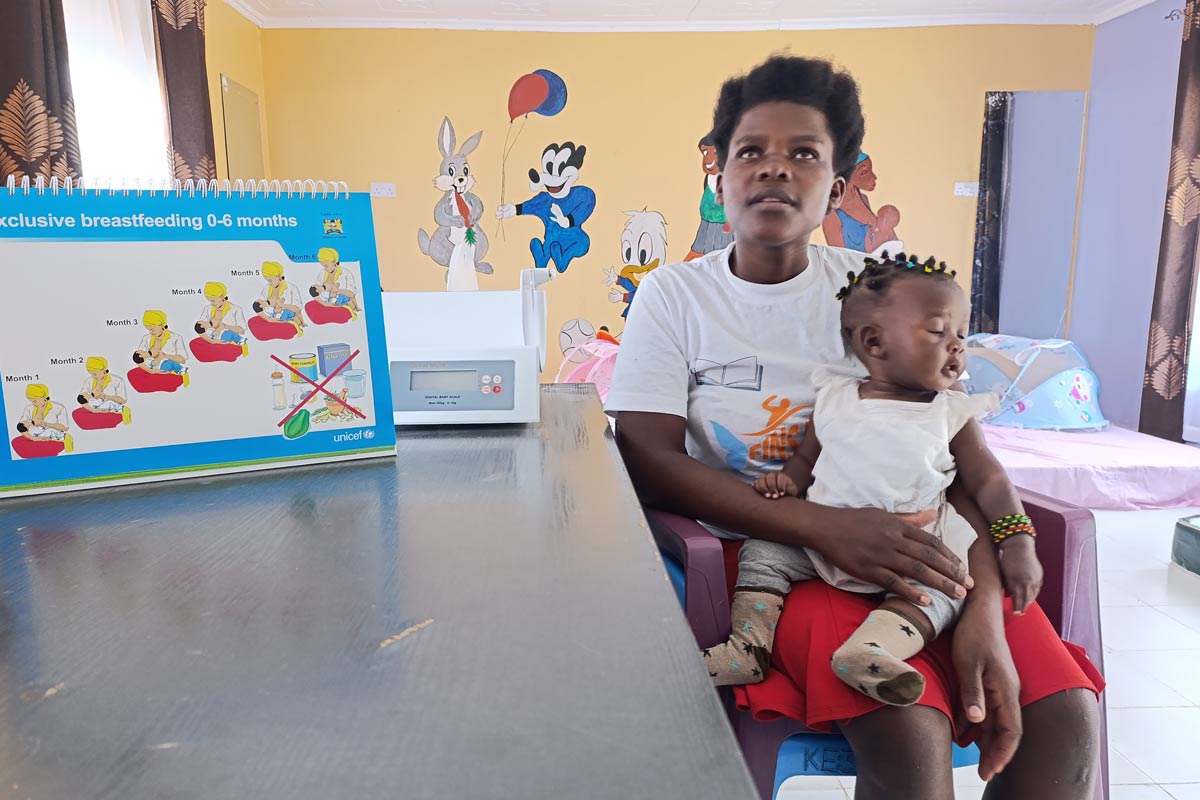Ramatu Jalloh and Mohammad B. Jalloh, Health and Nutrition Sierra Leone Civil Society Platform (HANSLCSP)
The Ebola outbreak that began in May 2014 derailed significant progress that had been made in helping immunization coverage rates recover from the 1990-2000 civil conflict as well as undermining an already fragile health system. As services were redirected to dealing with the crisis and less attention was paid to healthcare provision, it became evident that government efforts to eradicate the disease faced severe obstacles.
It was against this backdrop that in 2014 FOCUS 1000 in collaboration with Catholic Relief Services (CRS) Sierra Leone, UNICEF and CDC conducted a series of Knowledge, Attitudes and Practice (KAP) studies on Ebola prevention and medical care in Sierra Leone. These studies provided critical insight into social-cultural norms and beliefs that allowed both the Government and partners to identify areas that required intervention. In turn, this informed social mobilization and communication messaging geared at promoting behavior and social change to stem infection rates and transmission.

Pregnant and lactating mother’s in Kissi Teng Chiefdom Community Health Center in Eastern Sierra. Photo: CRS
The studies showed a drop in the uptake of routine child and maternal health care particularly immunization. 17% of the parents interviewed with a child under the age of five, reported missing scheduled vaccination sessions in the three months prior to the study with 38% attributing this to the Ebola outbreak. Of the 14% of pregnant women interviewed who missed attending antenatal clinic, some 10% cited similar concerns.
Armed with this evidence the Health and Nutrition Sierra Leone Civil Society Platform (HANSL-CSP), a joint platform established in 2014 to advocate for immunization and nutrition, called for rapid assessments of children under the age of five in quarantined homes over 10 districts, as well as for referral to health centres for immunization and follow up support. In addition, over 400 households were alerted to the importance of routine immunization among children and the need to adhere to antenatal schedules.

A baby being immunized in Kissi Teng Chiefdom Community Health Center in Eastern Sierra Leone. Photo: CRS.
Districts in western Sierra Leone, identified as one of the Ebola hotspots, also carried out social mobilization and outreach activities to rebuild the community’s trust in the health system. This involved influential market women and other community members (as part of groups known as Kombra Networks) working in 10 vulnerable communities to champion immunization and nutrition, following up children who had missed vaccination sessions and encouraging utilization of community health facilities.

Chairlady – Congo Town Market. Photo: CRS.
Thanks to these community-level efforts, these champions have been able to identify gaps in the health care system and are advocating to the government to improve health facilities and service provision to promote a stronger health system in the wake of the Ebola crisis.
These examples demonstrate how civil society can play a significant role in empowering communities for behavioral and social change, even in the most difficult circumstances.
This blog was written in support of World Immunisation Week 2015. Find out more about it here.


